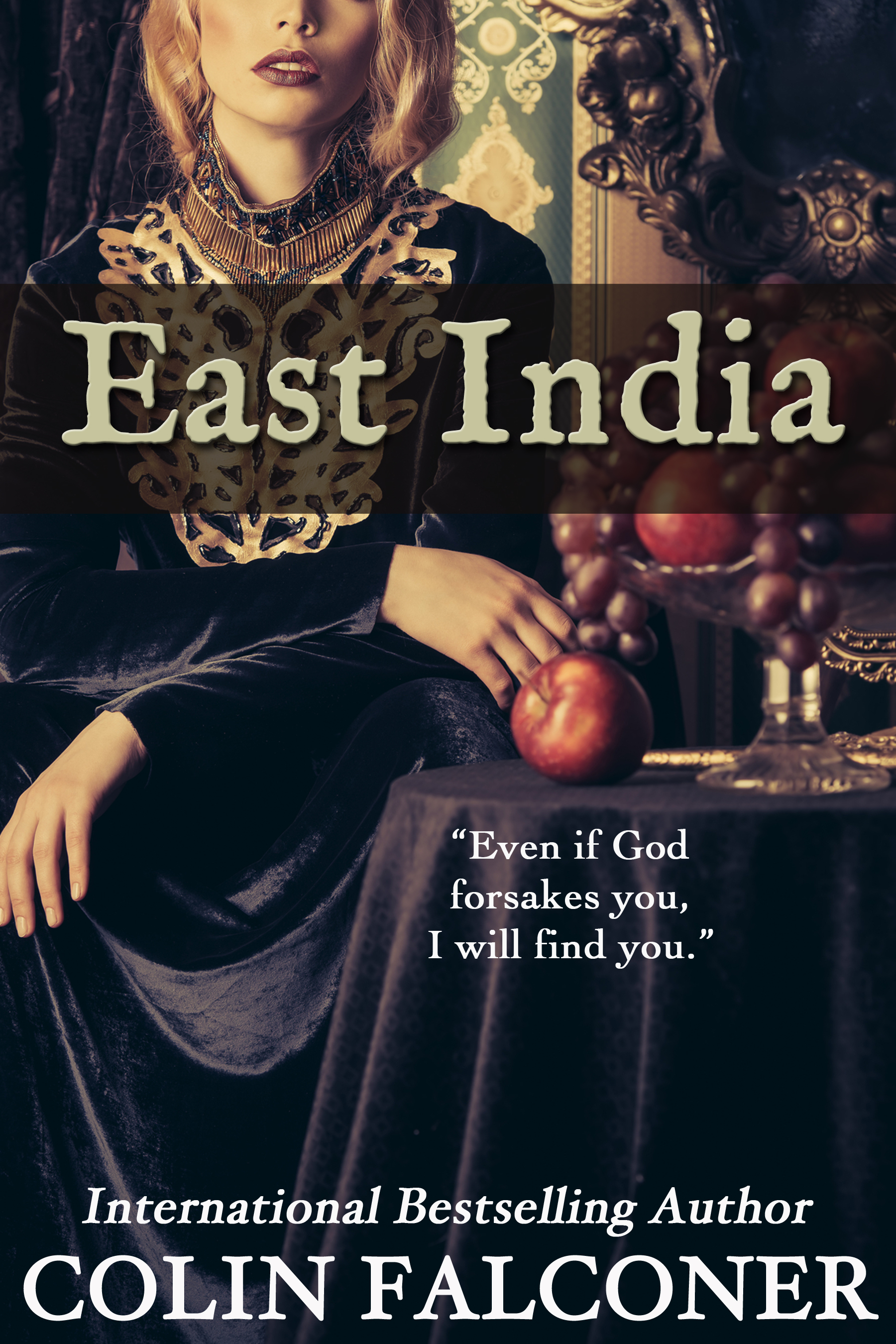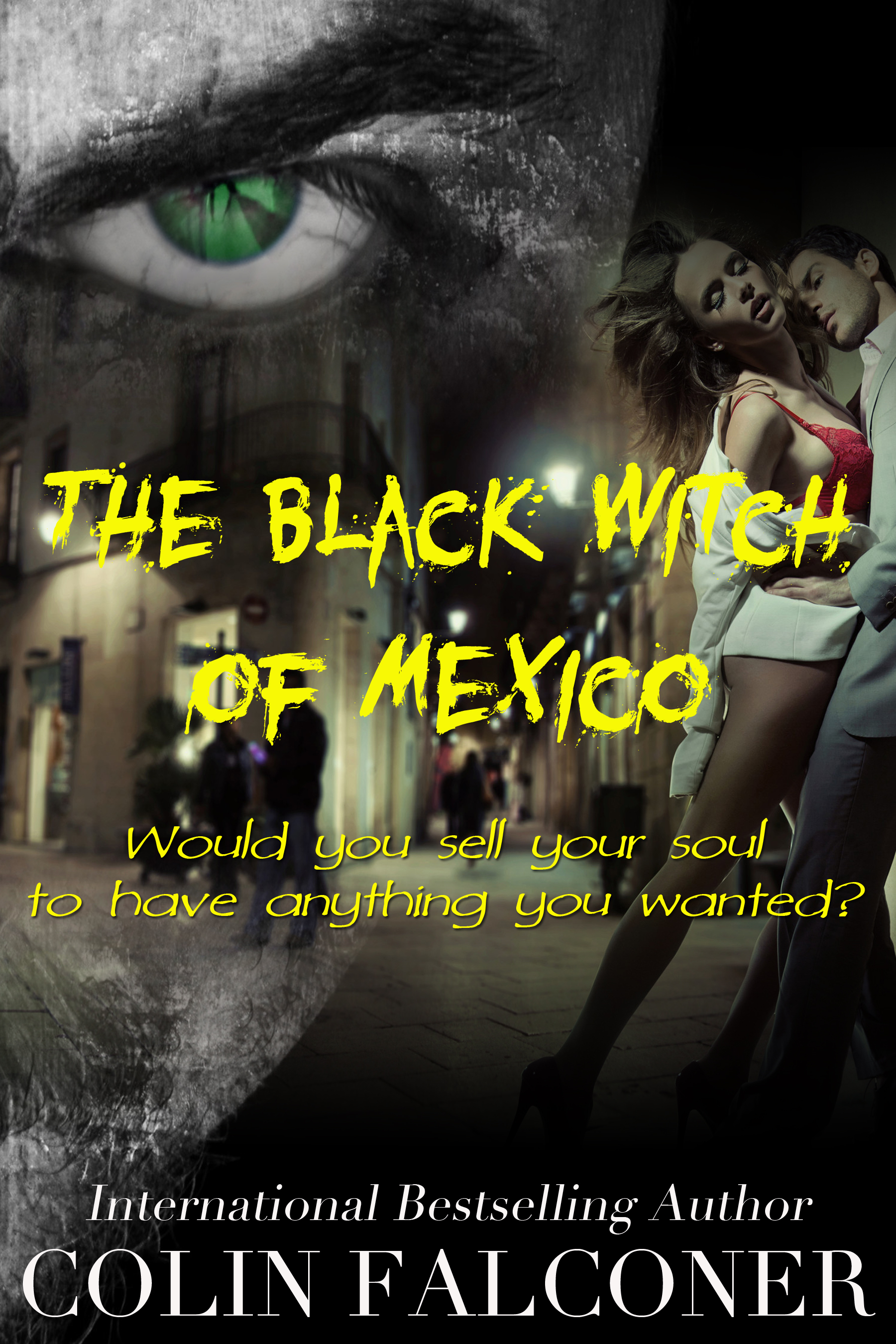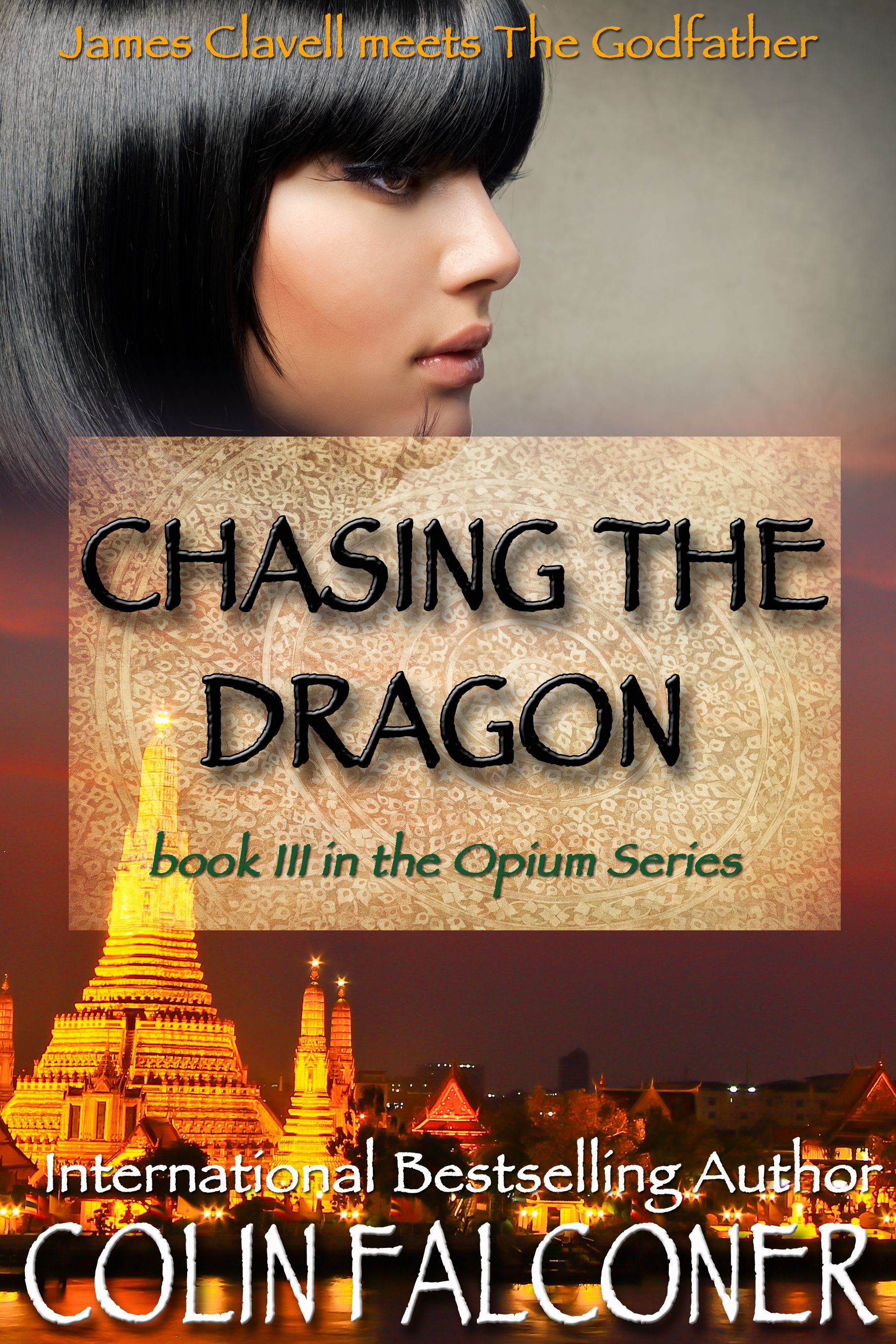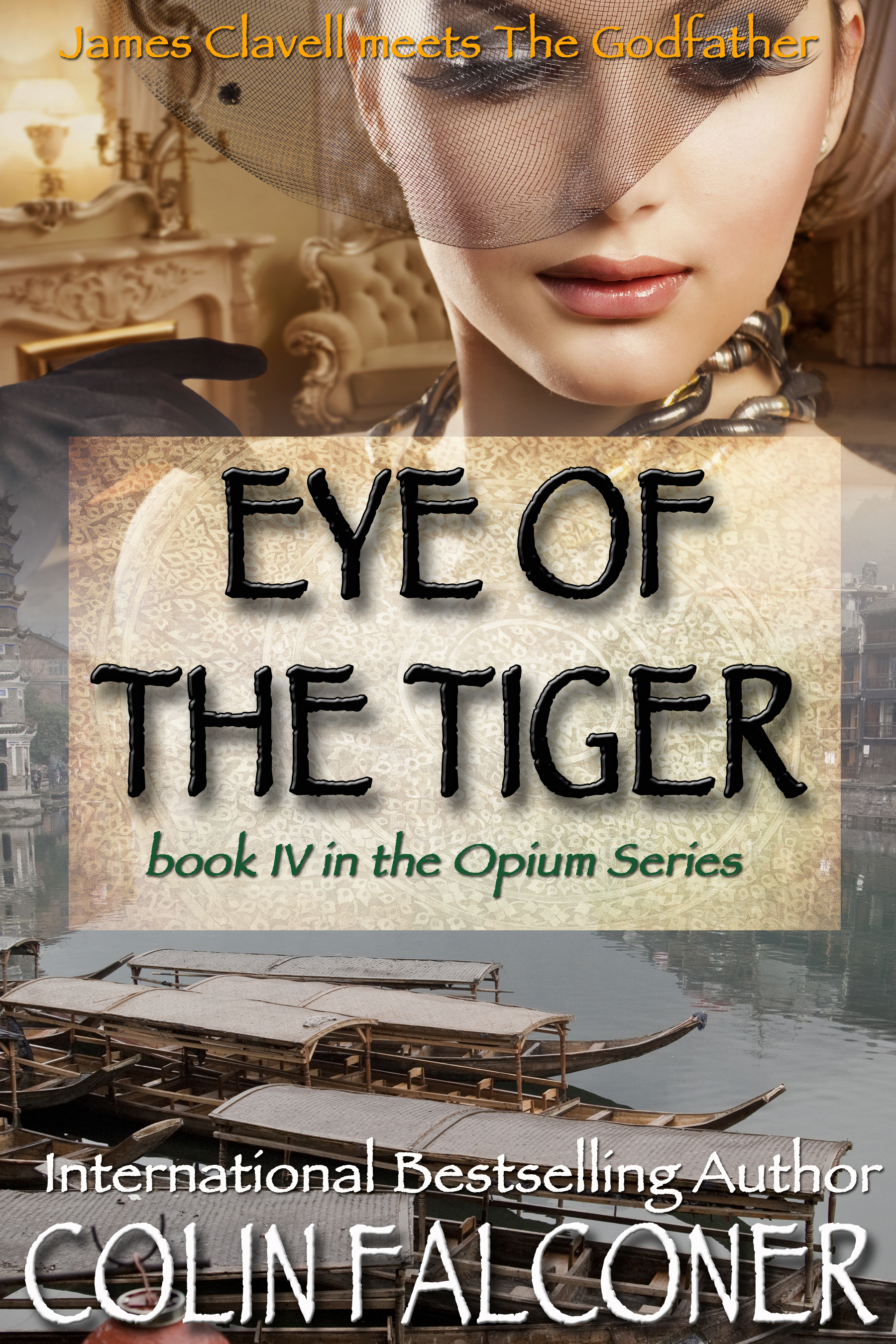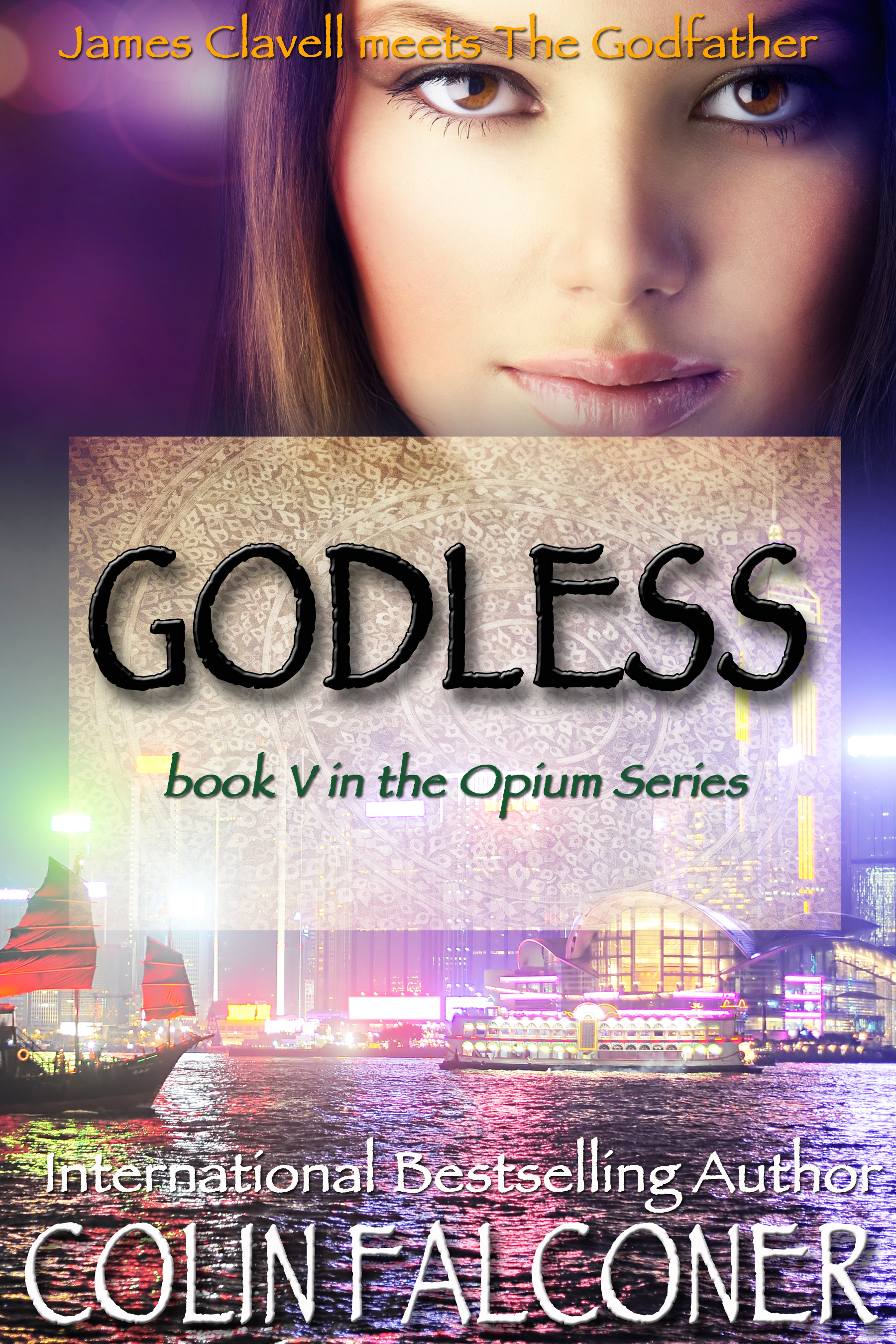(This post was carried over from yesterday because of the Internet strike against SOPA)
On this day sixty four years ago, Mohandas Gandhi called off one of the most famous hunger strikes in history.
Shortly after partition, sectarian violence rocked India, resulting in thousands of deaths. Gandhi went on his hunger strike in Calcutta, where the rioting was worst, an act that generated such public shame that the rioting ceased. Gandhi broke his fast as weeping rioters laid their machetes at his feet.
This extraordinary man - Mahatma was not his name but a title he was given meaning Great Soul - was the counter intuitive opposite to the world. He faced down violence with determined non-violence and as such is the antithesis to all our modern thinking, which says that force must be matched with force.
Yet one of the greatest proponents of non violence was never awarded the Nobel Peace Prize. (It’s thought the Nobel committee didn’t want to upset Great Britain.)
“What difference does it make to the dead, the orphans, and the homeless, whether the mad destruction is wrought under the name of totalitarianism or the holy name of liberty and democracy?”
But if he was a saint, he was also an enigma. He was not afraid of the British but he was afraid of the dark, and always slept with a light burning by his bedside; he lived as an ascetic yet he was financially dependent on the sponsorship of industrial millionaires; he once used a hunger strike to force employees to call off industrial action against one of his patrons.
“I claim to be a simple individual liable to err like any other fellow mortal. I own, however, that I have humility enough to confess my errors and to retrace my steps.”
He also conducted the infamous “brahmacharya experiments,” where naked young women would be obliged to sleep with him so that he could prove that he had mastered his sexual urgings. He was obsessive about his own bowel movements. In other words, he may have been a saint, but he was not perfect.
Yet his stand against violence and advocacy of simplicity in life led him to be eulogized by a world that consistently espouses the antithesis of this message.
“There is more to life than simply increasing its speed.”
Gandhi conceded later in life that passive resistance might not work in every situation; he admitted the British had responded to non violent protest because their government and society had a collective moral conscience. Nazi Germany, he agreed, would not have been so easily persuaded.
“The only tyrant I accept in this world is the still voice within.”
Did non violence bring about independence anyway? There are those that argue otherwise. The British had been bankrupted by World War Two, and were already losing their grip on the Raj during the thirties. And despite Gandhi’s protests the revolution did become violent anyway, so much so that he stayed away from independence celebrations in protest.
“As soon as we lose the moral basis, we cease to be religious. There is no such thing as religion over-riding morality. Man, for instance, cannot be untruthful, cruel or incontinent and claim to have God on his side.”
And what of this new India? The Hindu nationalism he protested in Calcutta is now rampant in the form of the Bharatiya Janata Party. The country is fast tracked to modern capitalism and hyper nationalism. It is a nuclear power. This was not Gandhi’s vision. It was Nehru’s.
“You must be the change you want to see in the world.”
His message resonated far beyond India. Albert Einstein was one of many to praise Gandhi’s achievement; Nelson Mandela converted to pacifism in freeing South Africa from apartheid (and similarly watched his own legacy trampled under his successors in the ANC.)
Perhaps Gandhi’s lesson was not for India but for us; that we really can’t change the world - all we can do is change ourselves.
“As human beings, our greatness lies not so much in being able to remake the world – that is the myth of the atomic age – as in being able to remake ourselves.”
If you believe it, then all we have is what we bring in with us, that mythical twenty one grams of ethereal vapour. It’s all we take out with us, too, and the only thing always under our control.
But that’s no small thing, as Gandhi’s life shows.


